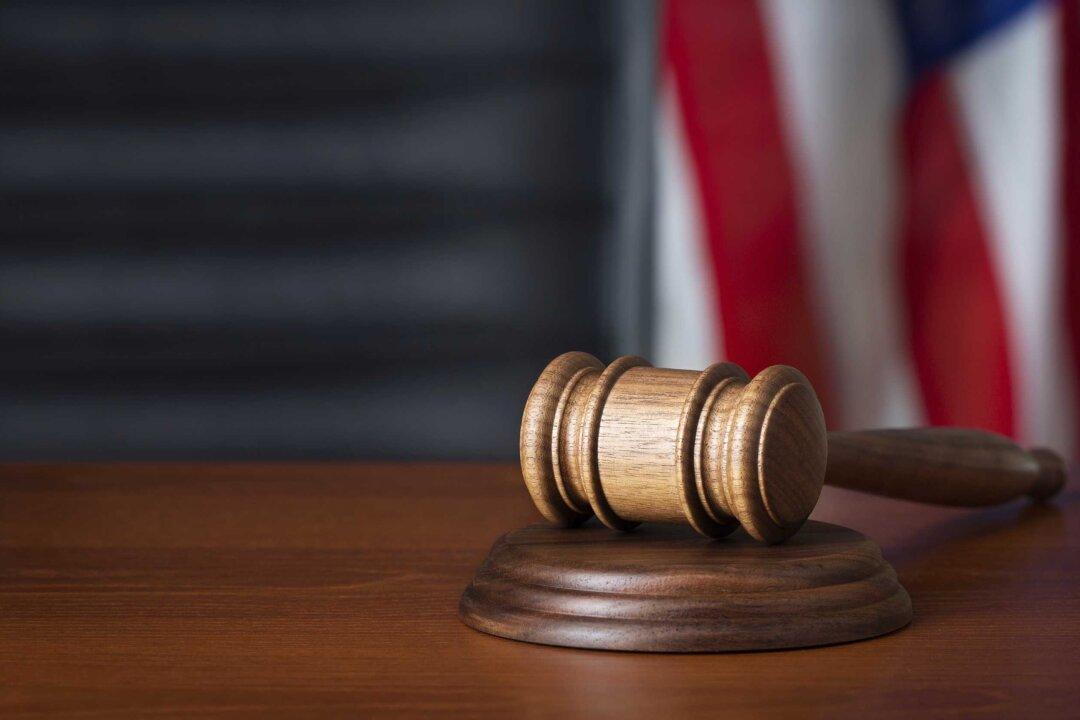A First Amendment lawsuit against the University of North Texas (UNT) brought by a math professor who was fired for mocking the concept of “microaggressions” may proceed, a federal district judge ruled.
Judge Sean D. Jordan, a Trump appointee, wrote that the case would boil down to a single question: “What can a public employee say, and what can he choose not to say, without fear of reprisal from his employer?”





